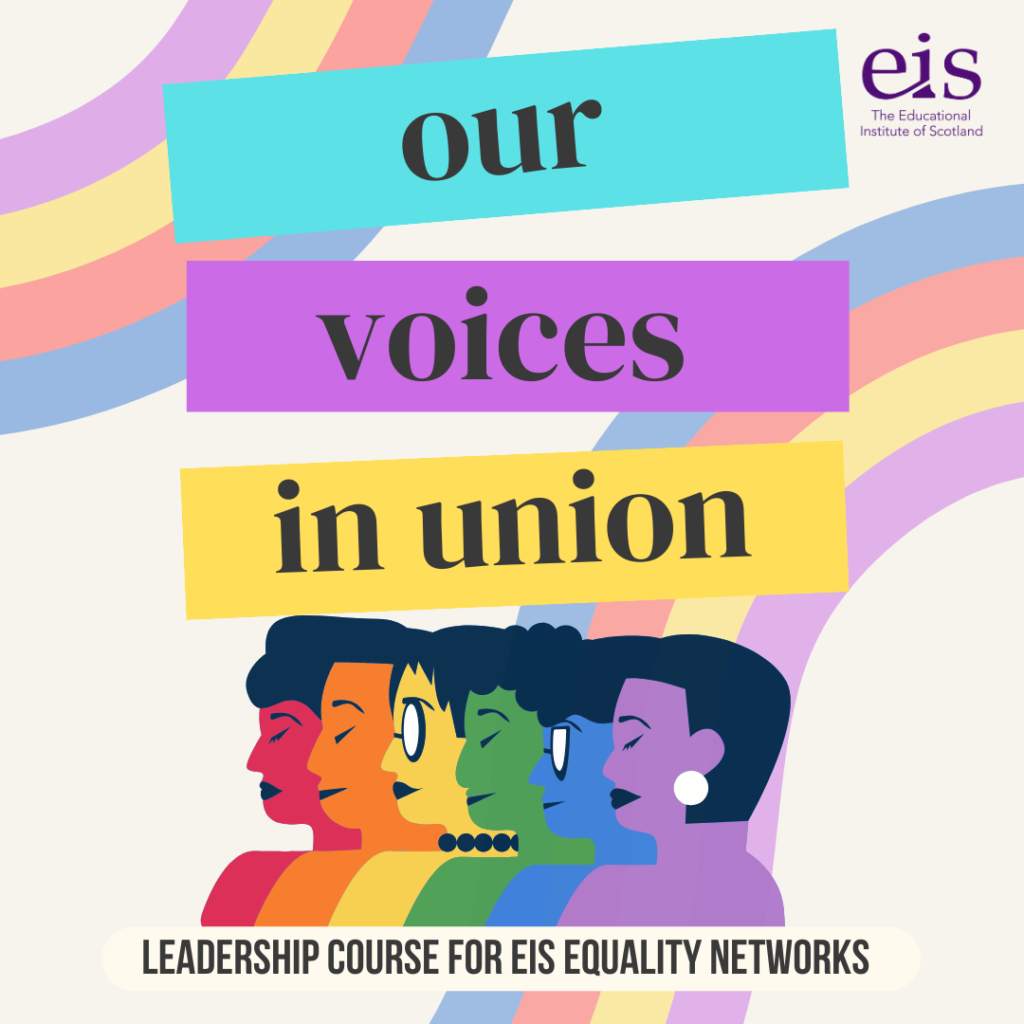
About this topic
The Educational Institute of Scotland (EIS) has a strong commitment to anti-racism, and a longstanding track record of tackling discrimination and harassment within the workplace and within education.
Over the last years, we have grown our anti-racist work and started a national EIS BAME network, as well as taken up chairing of the Diversity in the Teaching Profession and Education Workforce, a Scottish Government subgroup to the Anti-racism in Education Programme.
As part of this topic, you will consider how racism may manifest for people of colour, and how we can have braver conversations about racism.
The expert videos are provided by Equality, Diversity and Inclusion trainer Ellie Muniandy.
Learning points:
Reflective question:
Consider the impact of microaggressions in relation to racial trauma.
Do you think it makes a difference if the person who commits a microaggression, has good intentions?
Microaggressions are so commonplace and insidious, that for most people they will be the norm, and operate beyond the radar. But microaggressions have the impact of reinforcing ‘othering’. Microaggressions signals who belongs, and who does not – and when digging a little deeper, microaggressions expose commonplace racial prejudice and biases.
Because of the serious impact microaggressions have on individuals, and on maintaining a racist status quo, there is a need to decentralise the focus on intent. Far to often, there is an excessive focus on whether harm was intended, however when it comes to equality-related impacts, this may be a distraction. It is essential, rather, to consider what can be done to address the underlying dynamics present within this behaviour, and to make sure that people of colour are meaningfully visible in the workplace, and heard. Whether harm was intended, or not, the effect is harmful, therefore it is racist, and that must be addressed.
Professional isolation occurs when BAME teachers’ feel a poor sense of belonging, and their distinctive skills and abilities are undervalued, ideas are usurped by colleagues, or there is a lack of confidants with whom they can discuss experiences and challenges. Unfortunately, many interventions do not support individuals in overcoming the barriers that prevent them for being themselves in the workplace, but rather how those individuals can change to fit in.
Racism is a significant barrier to the realisation of Fair Work for BAME people, impacting their access to opportunity, safety, fulfilment, respect and to have their voices heard. Unfortunately, microaggressions are often not well understood and there can be an overreliance on the reporting overtly racist incidents, or expecting people of colour to speak up. It is important to also report racist attitudes and microaggressions too, so that we can better capture that cumulative, full picture of the impact of racism.